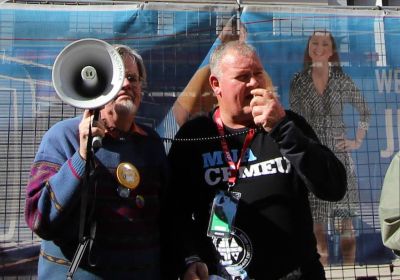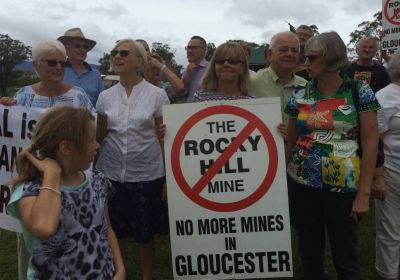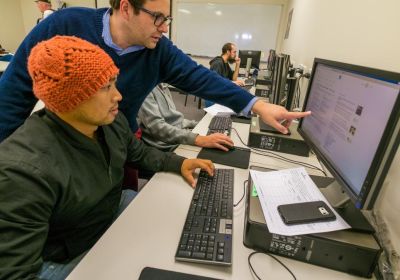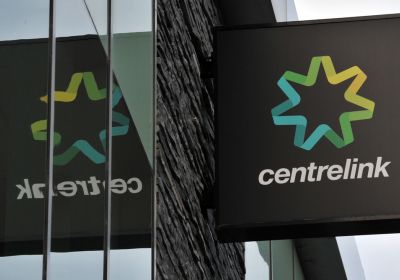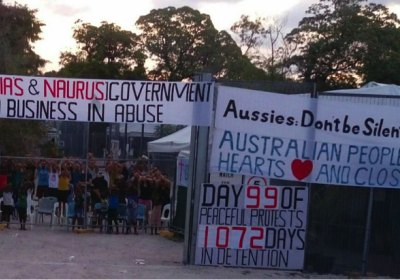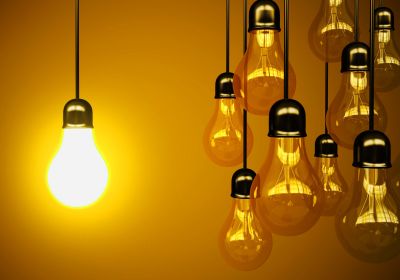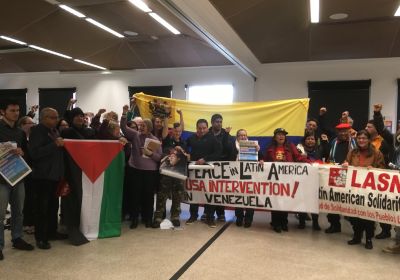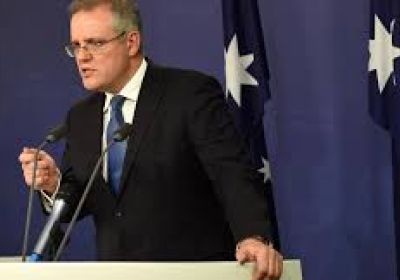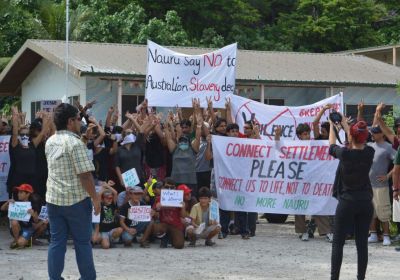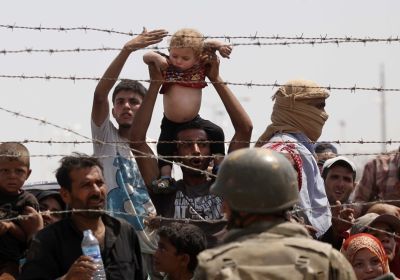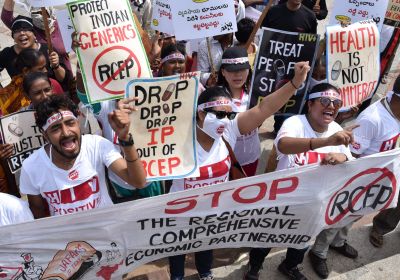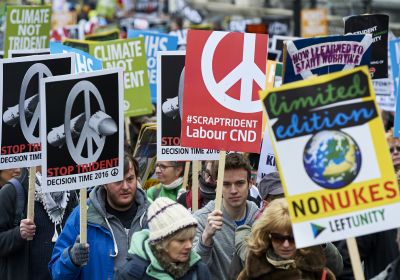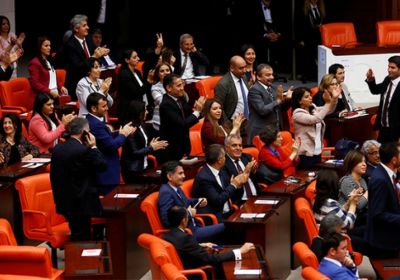News
Analysis
World
-
-
-
-
-
-
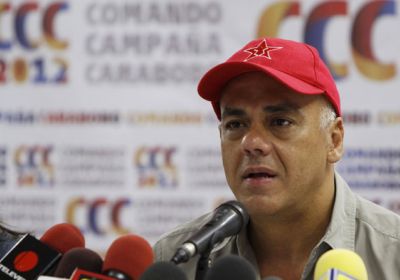
The head of the campaign for Venezuela's National Constituent Assembly (ANC), Jorge Rodriguez, said on August 2 that the National Electoral Council (CNE) had been asked to complete the audit of the electoral process following the July 30 vote.
Rodriguez insisted that the only valid results of the ANC election are those provided by the CNE, which originally counted 8,089,320 votes.
-
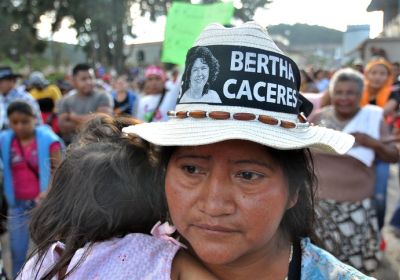
Relatives of Berta Caceres, the iconic Indigenous environmentalist from Honduras who was killed in March last year, denounced on July 26 a "hate campaign" against them.
The environmental activist's family expressed concern about the "most aggressively executed hate campaign" against them after the Dutch Development Bank, FMO and the Finnish Fund for Industrial Cooperation, Finnfund, decided to pull out from the Agua Zarca dam project on the Gualcarque River that flows through the Indigenous territory of the Lenca people.
-
-
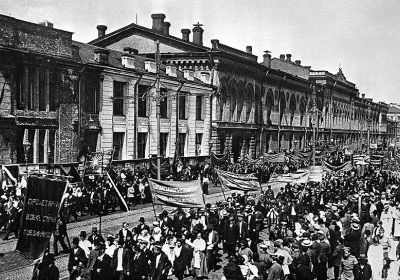
One hundred years ago in the aftermath of defeat of the July 16-20 [3-7 in New Style] protest movement by workers and soldiers, the Bolsheviks responded to the “July Days” setback by calling on the people to ignore provocations and expose rightist slander.
The wave of protests was repelled by military and police attacks, with hundreds of casualties, on the orders of the Provisional Government — the capitalist government that came to power after the February Revolution overthrew the Tsar and which was supported by the moderate socialists.
It was a key phase in the storm that swept Russia during 1917. This storm culminated in the October Revolution when, led by the Bolsheviks, the soviets (councils) of workers, soldiers and peasants took power, overthrowing the Provisional Government.
-
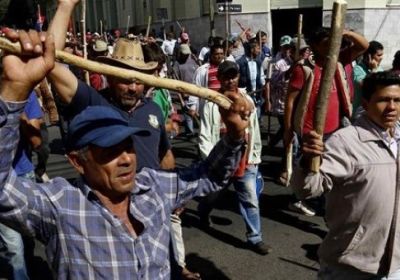
Paraguay's lawmakers voted on August 2 in favour of the Financial Rehabilitation bill to support small farmers overwhelmed by debts.
The farmers, who have been holding protests for three weeks in the capital Asuncion, brought the city to a standstill once more prior to the vote.
The legislation, introduced by the progressive Guasu Front, will fund and restructure the debts of small farmers who own less than 30 hectares of land with subsidies of up to US$10,000 a person.
-

Long-time South African climate justice activist and author Patrick Bond is professor of political economy at the Wits School of Governance, University of the Witwatersrand.
Ethemcan Turhan and Cem Iskender Aydin spoke with Bond on the need for an international climate justice movement to target the Donald Trump administration.
-
Culture
-
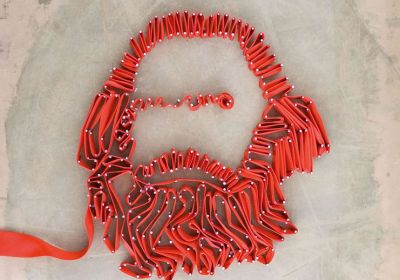
“The general idea of this little book is to understand and explain why Marx will still be read in the twenty-first century, not only as a monument of the past, but as a contemporary author — contemporary both because of the questions he poses for philosophy and because of the concepts he offers it,” French philosopher Etienne Balibar writes in The Philosophy of Marx.
With some reservations, I feel he achieves this goal. It is a thought-provoking book, but it may disappoint readers who seek either an introduction to Marx’s philosophy or a straightforward account of how Marx’s ideas can inspire focused political action in the 21st century.
-
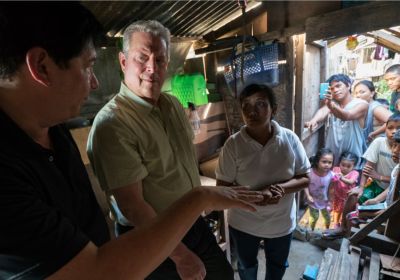
There are few subjects more reliably depressing than the problem of impending climate chaos.
In some ways, the daily dumpster fire that is the Donald Trump administration is a welcome distraction from the increasingly dire predictions of the Hell on Earth awaiting us if we do not drastically and immediately alter our trajectory.
It is worth going to see An Inconvenient Sequel: Truth to Power, however, for the same reason that it was valuable to see it’s prequel, An Inconvenient Truth, over a decade ago: Through these films we can come to understand how the liberal establishment proposes to tackle this, the mother of all capitalism’s crises.
-
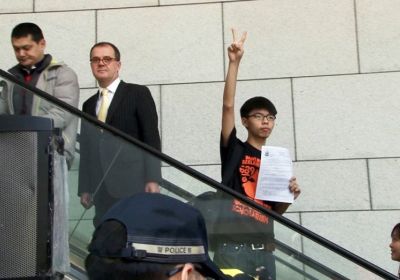
In Joshua: Teenager vs. Superpower, which premiered at the 2017 Sundance Film Festival, director Joe Piscatella depicts Hong Kong pro-democracy activist Joshua Wong and his comrades struggles from 2011-16 against Chinese government attempts to impose control on the former British Colony.



